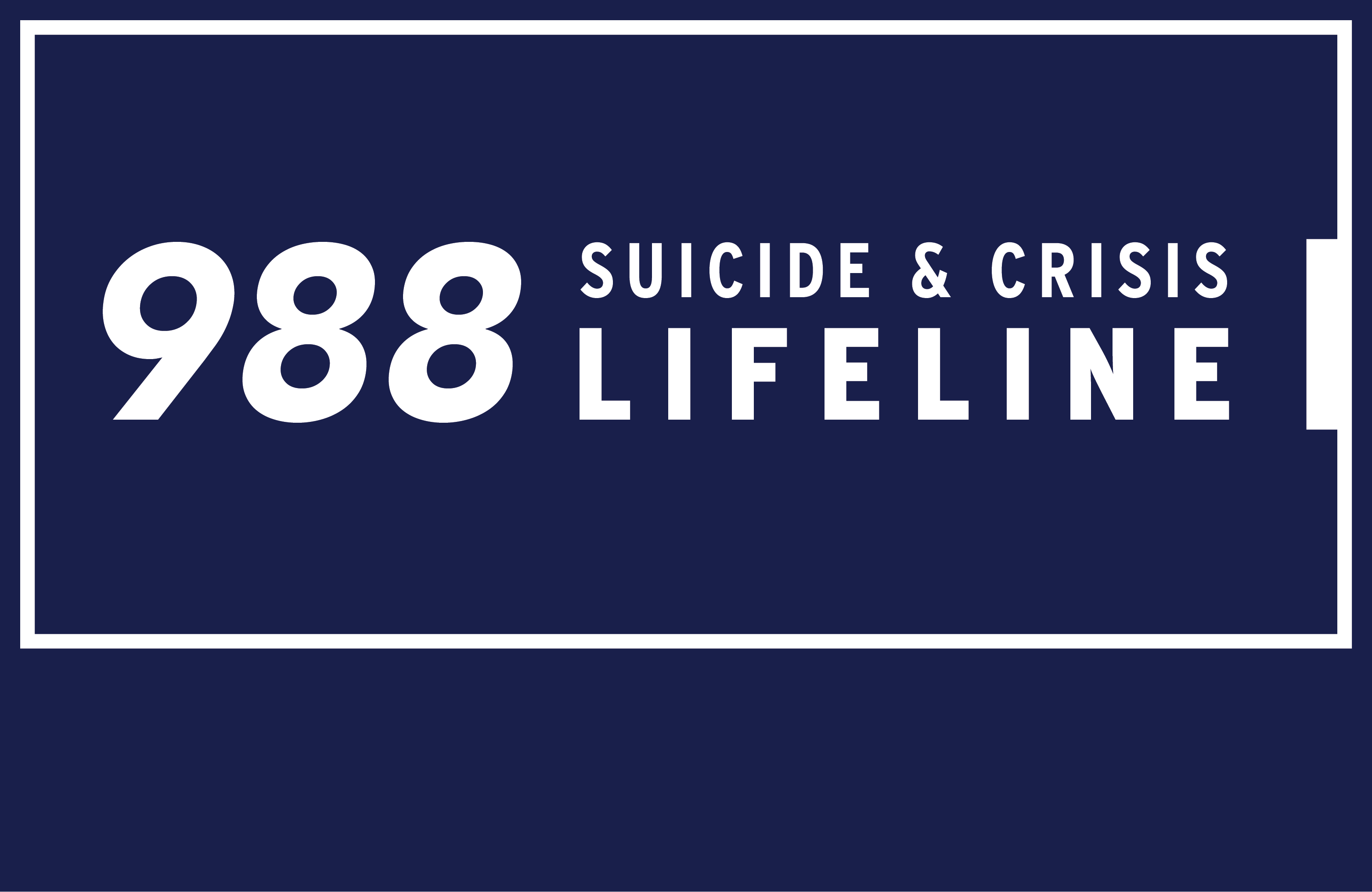Overdose Prevention Resources for Community Partners
The Rhode Island Department of Health (RIDOH) Drug Overdose Prevention and Substance Use Epidemiology Programs partner with municipalities and community-based organizations to address the local substance use and overdose epidemic.
What We Do
- Provide technical assistance and funding to enable communities to rapidly respond to the local overdose crisis.
- Empower municipal leaders to develop and implement comprehensive overdose prevention and response plans that align with the State’s action plan to reduce overdose deaths.
- Offer mini grants to community-based organizations to support innovative projects that address the substance use and overdose crisis.
- Provide up-to-date non-fatal and fatal overdose surveillance data, with a special focus on municipal, county, and statewide trends to inform action.
Community Overdose Engagement (CODE) Initiative
The CODE Initiative began in 2017 with a call to action for Rhode Island’s 39 municipalities to develop comprehensive overdose prevention plans. The goal was to help communities build the capacity to make data-driven decisions to better respond to the local overdose crisis.
In 2019, the State received additional funding to create a comprehensive, multi-year CODE pilot program for communities experiencing a high burden of overdose. Each community had a unique approach, shaped by the most pressing needs of the region as well as the strengths of local partnerships.
All projects were community driven and included:
- Backbone agencies serving as funding sponsors and coordinators of the overall work
- Needs assessments based on RIDOH overdose data and community input
- Diverse community collaboratives that helped to inform and implement strategies
- Comprehensive action plans informed by needs assessments to address gaps in overdose response
- Comprehensive, up-to-date, state and municipal level overdose data provided by the RIDOH Substance Use Epidemiology Program
- Ongoing evaluations tracking progress over time
CODE Initiatives were made possible by the following funding sources:
CODE Reports
The following CODE At-a-Glance Reports reflect the successes, challenges, and lessons learned throughout the initiative as reported by CODE partners:
Technical Assistance Resources for Communities
In 2021, Rhode Island Attorney General Peter Neronha announced settlements of more than $250 million for opioid treatment, rescue, prevention, and recovery. These settlements included the provision of direct cash payments to municipalities for 18 years to address the opioid epidemic.
In response to the settlements, the RIDOH Drug Overdose Prevention and Substance Use Epidemiology Programs created technical assistance resources to support the design and implementation of municipal overdose prevention strategies. These resources built off lessons learned from the CODE Initiative and offered practical strategies to invest settlement funding in an impactful way.
CODE Webinars and Presentations
The RIDOH Drug Overdose Prevention and Substance Use Epidemiology Programs, in partnership with the Attorney General’s Office, the Rhode Island Executive Office of Health and Human Services (EOHHS), and the Rhode Island League of Cities and Towns, offered the following series of virtual, interactive workshops for municipal leaders.
These webinars and presentations:
- Provided data-driven recommendations and ongoing support to inform local-level funding decisions.
- Connected municipal staff and leaders with local experts and organizations doing similar work at the state and local level.
 Rhode Island Department of Health
Rhode Island Department of Health


